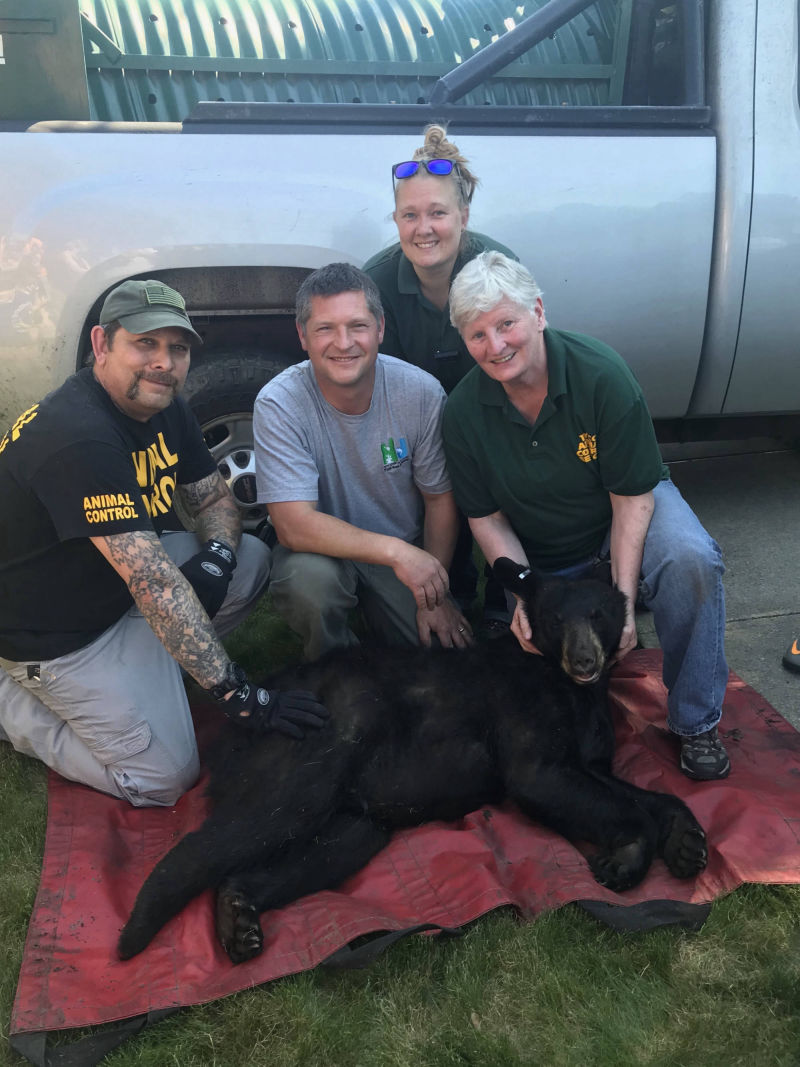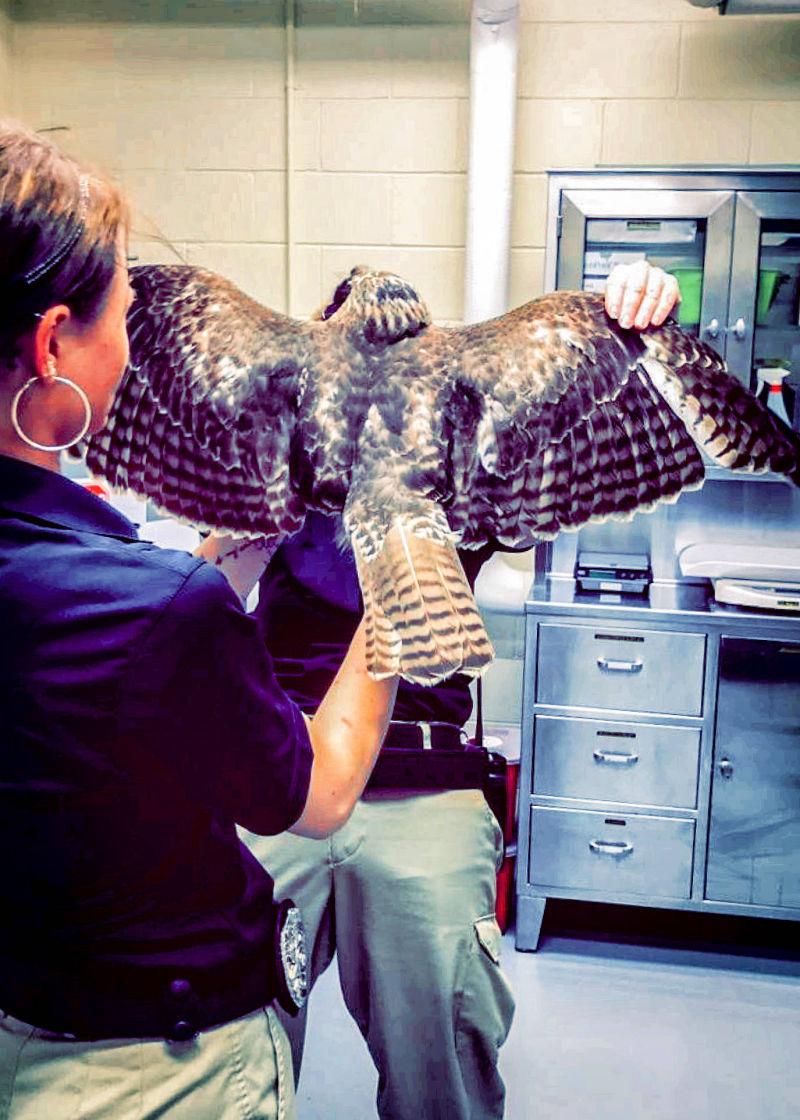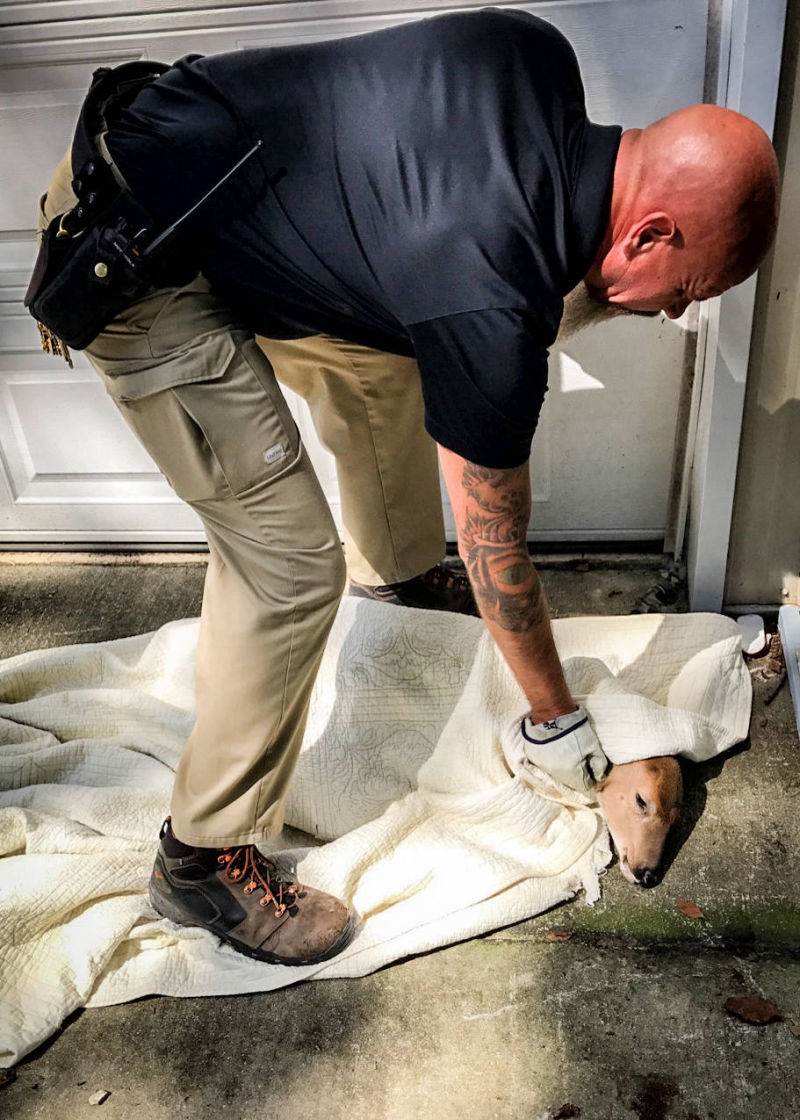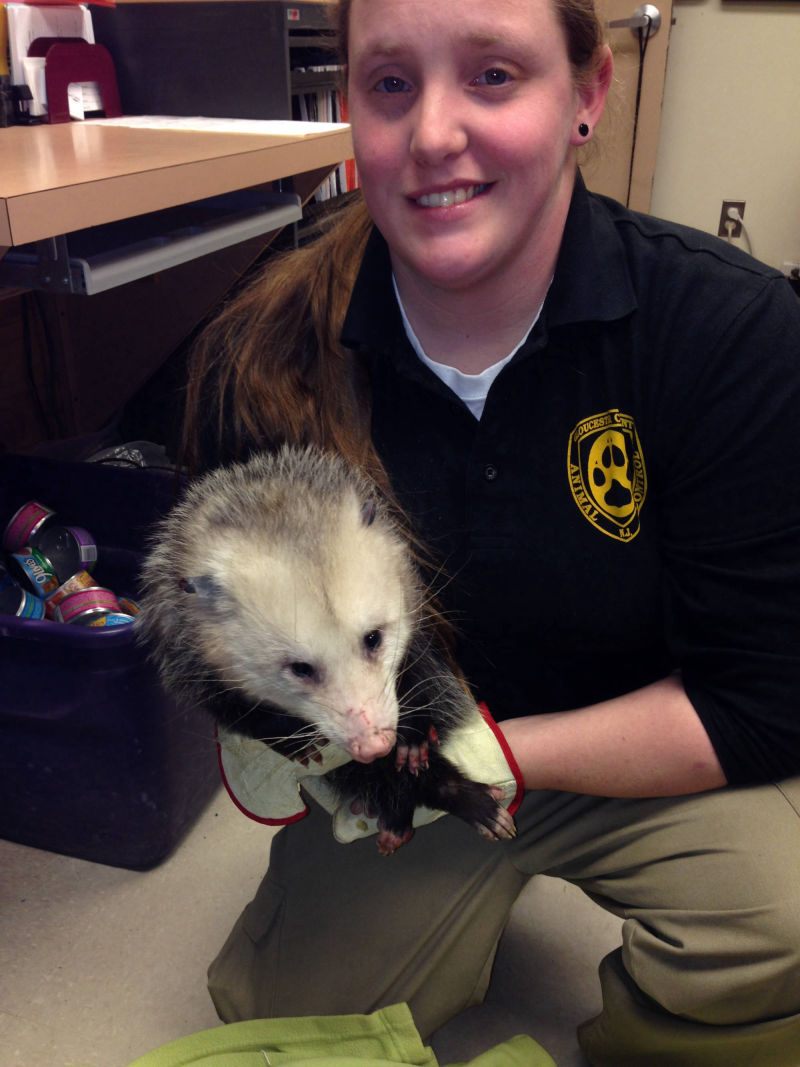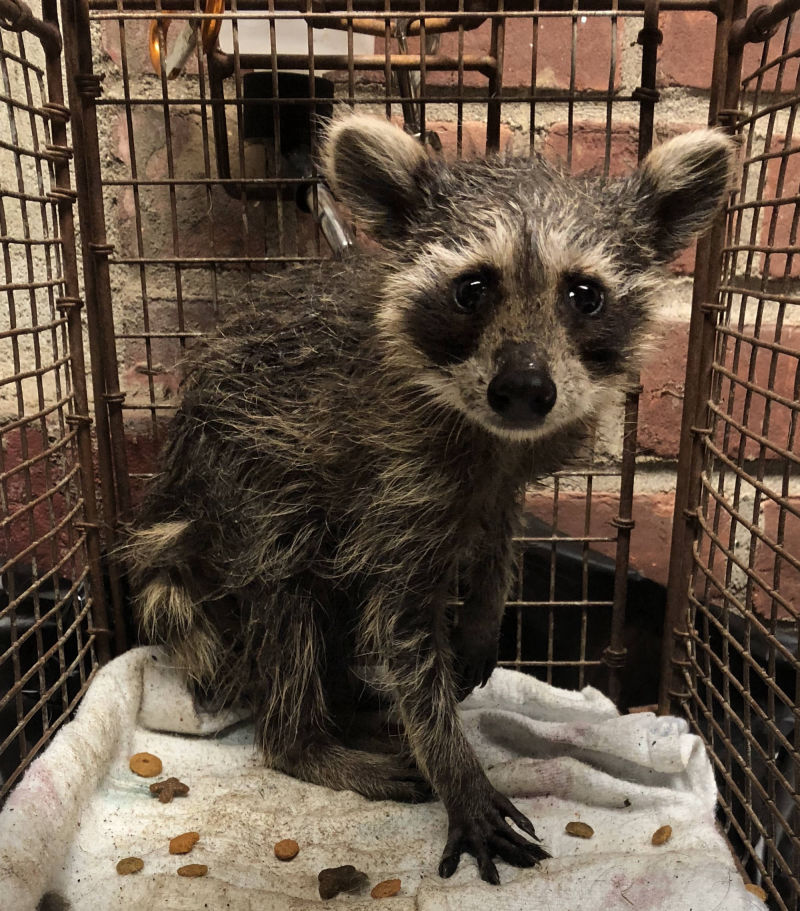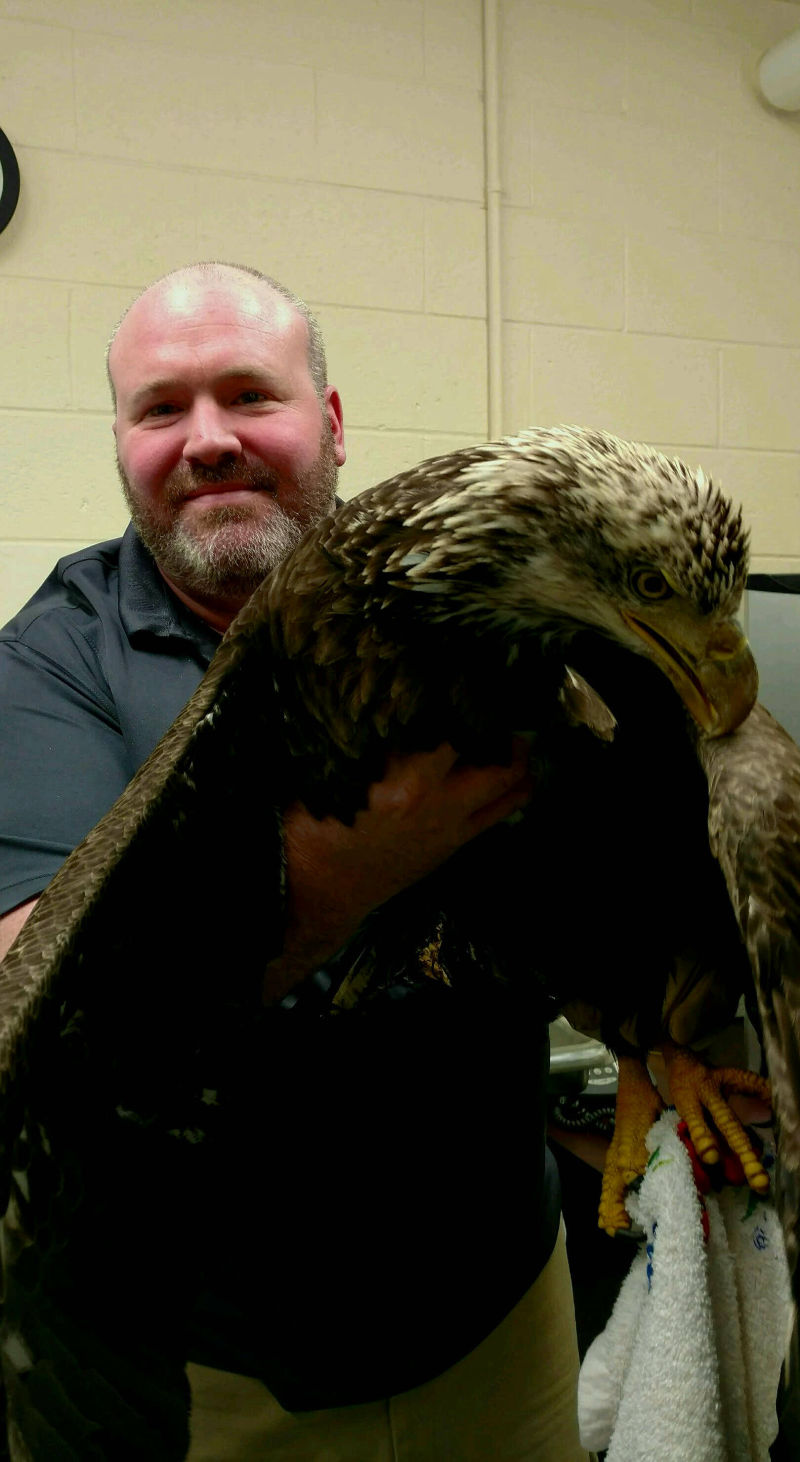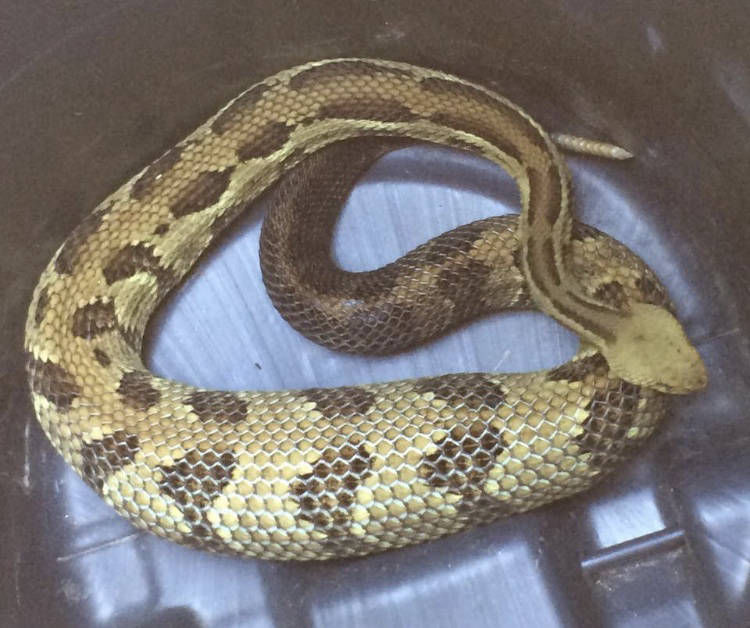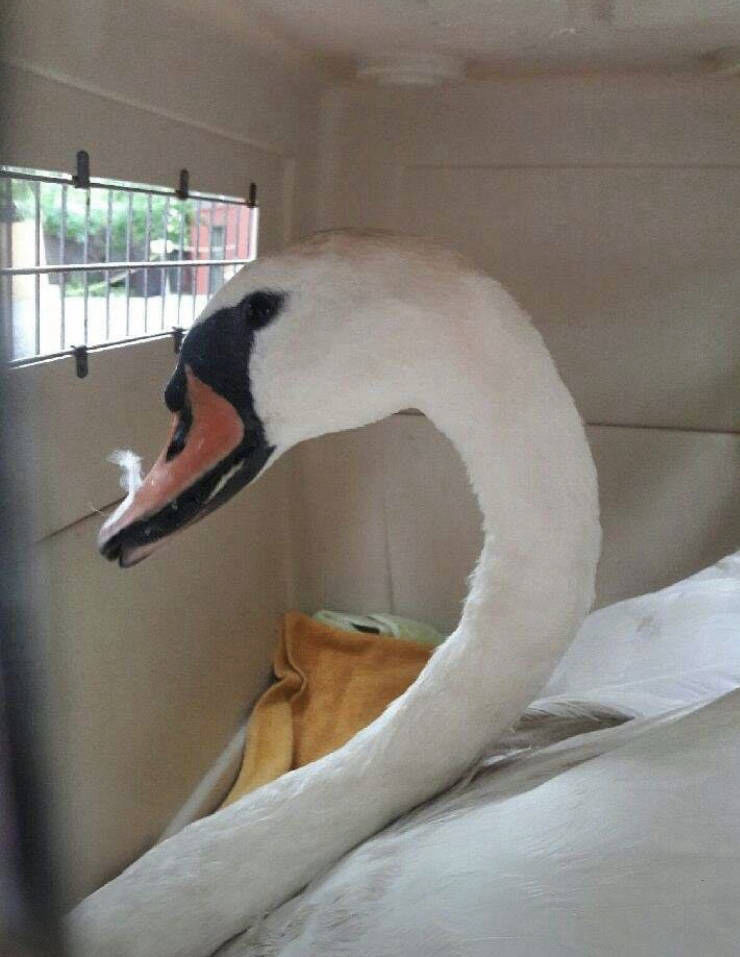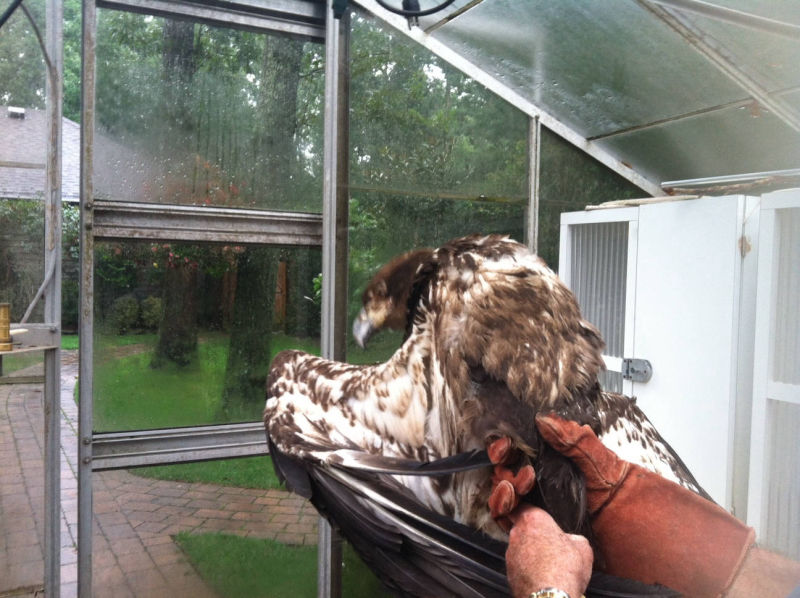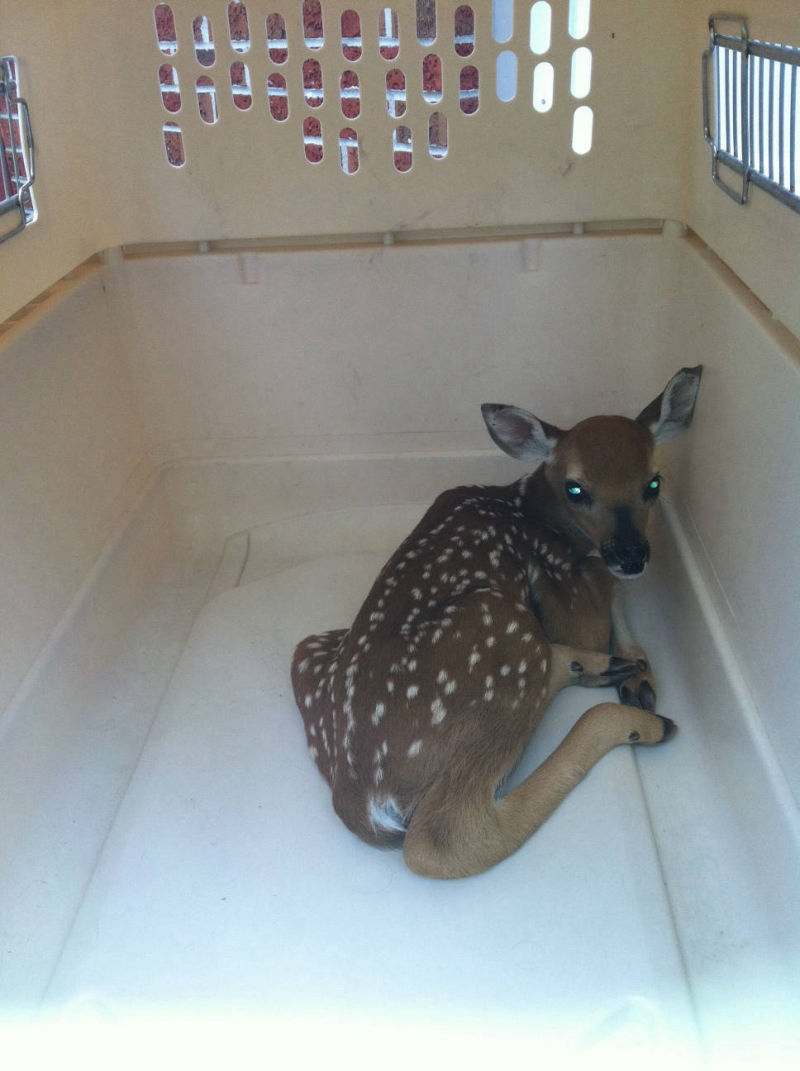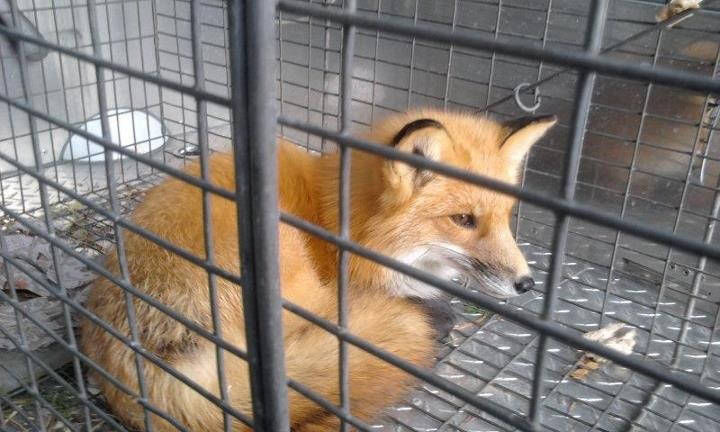The fall season means New Jersey’s black bears are on the move foraging for food in preparation for the winter denning season. New Jersey Fish and Wildlife is reminding the public to adhere to guidelines for removing potential food sources and avoiding interactions with black bears.
It is critically important for people to never feed black bears. Bears attracted to neighborhoods may learn to associate people with food. These animals may then become nuisance bears that cause property damage, seek handouts from people or become dangerous. Intentionally feeding bears is illegal in New Jersey and carries a fine of up to $1,000.
The DEP offers the following tips for property owners to minimize conflicts with bears:
• Secure trash and eliminate obvious sources of food such as pet food bowls, easy-to-reach bird feeders, or food residue left on barbecue grills.
• Use certified bear-resistant garbage containers if possible. Otherwise, store all garbage in containers with tight-fitting lids and place them along the inside walls of your garage, or in the basement, a sturdy shed or other secure area.
• Wash garbage containers frequently with a disinfectant solution to remove odors. Put out garbage on collection day, not the night before.
• Avoid feeding birds when bears are active. If you choose to feed birds, do so during daylight hours only and bring feeders indoors at night. Suspend birdfeeders from a free-hanging wire, making sure they are at least 10 feet off the ground. Clean up spilled seeds and shells daily.
• Immediately remove all uneaten food and food bowls used by pets fed outdoors.
• Clean outdoor grills and utensils to remove food and grease residue. Store grills securely.
• Do not place meat or any sweet foods in compost piles.
• Remove fruit or nuts that fall from trees in your yard.
• Properly install electric fencing as an effective way to protect crops, beehives and livestock.
If you encounter a black bear in your neighborhood or outdoors while hiking or camping, follow these safety tips:
• Remain calm. Never run from a bear, as this may trigger its predatory instinct. Instead, slowly back away. Avoid direct eye contact, which may be perceived by a bear as a challenge. Make sure the bear has an escape route.
• To scare the bear away, make loud noises by yelling, using a whistle, banging pots and pans, or blowing an air horn. Make yourself look as big as possible by waving your arms. If you are with someone else, stand close together with your arms raised above your head.
• Make bears aware of your presence by speaking in an assertive voice, singing, clapping your hands, or making other noises. If hiking through bear country, always make your presence known through loud talking or clapping of hands.
• If a bear utters a series of huffs, makes popping jaw sounds by snapping its jaws or swats the ground, these are warning signs that you are too close. Slowly back away and avoid direct eye contact. Do not run.
• If a bear stands on its hind legs or moves closer, it may be trying to get a better view or detect scents in the air. This is usually a non-threatening behavior.
• Black bears will sometimes "bluff charge" when cornered, threatened, or attempting to steal food. Stand your ground, avoid direct eye contact, slowly back away and do not run.
• If the bear does not leave, move to a secure area, such as a vehicle or a building.
• Families who live in areas frequented by black bears should have a “Bear Plan” in place for children, with an escape route and planned use of whistles and air horns.
• Black bear attacks are extremely rare. If a black bear does attack, fight back.
Report black bear damage or aggressive bears to your local police department or to Fish & Wildlife by calling 1-(877) WARN DEP (1-877-927-6337).
